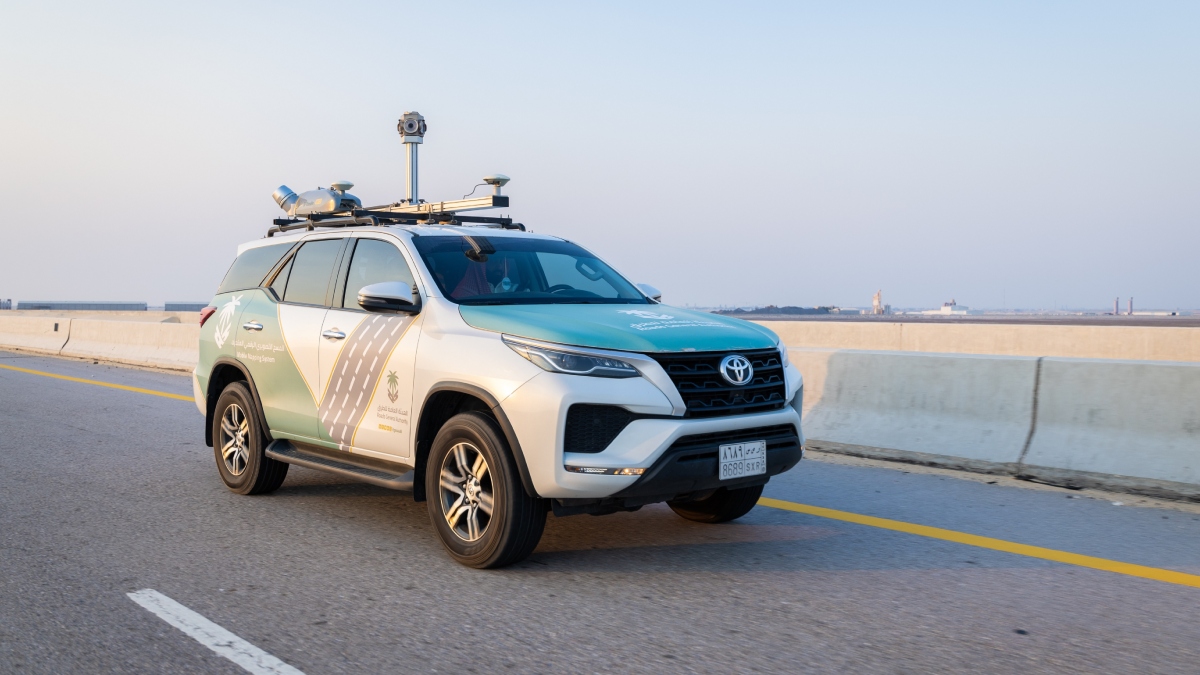In preparation for the upcoming Hajj season, Saudi Arabia’s Roads General Authority (RGA) has unveiled what it calls the largest and most advanced AI-powered road inspection fleet in the world—an ambitious step toward boosting road safety and ensuring a smooth journey for millions of pilgrims.
The new fleet is made up of 18 cutting-edge units equipped with five major technologies designed to scan, measure, and evaluate road conditions with unparalleled precision. From laser sensors and high-resolution cameras to multi-frequency radar systems, the tools are intended to detect surface damage, measure smoothness, assess pavement thickness, analyze structural integrity, and even simulate wet-road conditions to test skid resistance.
Seven vehicles in the fleet are dedicated to scanning surface deterioration using laser units and GPS for real-time diagnostics. Four others assess the International Roughness Index (IRI), a key indicator of ride comfort. Three more use radar to probe pavement layers, while another three inspect how roads flex under the weight of vehicles. One specialized unit evaluates skid resistance, an essential measure for ensuring safety during potential rain.
Completing the fleet is a mobile digital imaging scanner that monitors road signs, guardrails, and other unpaved features, enabling proactive maintenance.
This initiative reflects the RGA’s broader goal of improving Saudi Arabia’s road infrastructure to world-class standards. The authority aims to rank sixth globally in road quality by 2030 while reducing road fatalities to below five per 100,000 people.
Saudi Arabia, home to over 73,000 kilometers of roadways, currently leads globally in intercity road connectivity.






